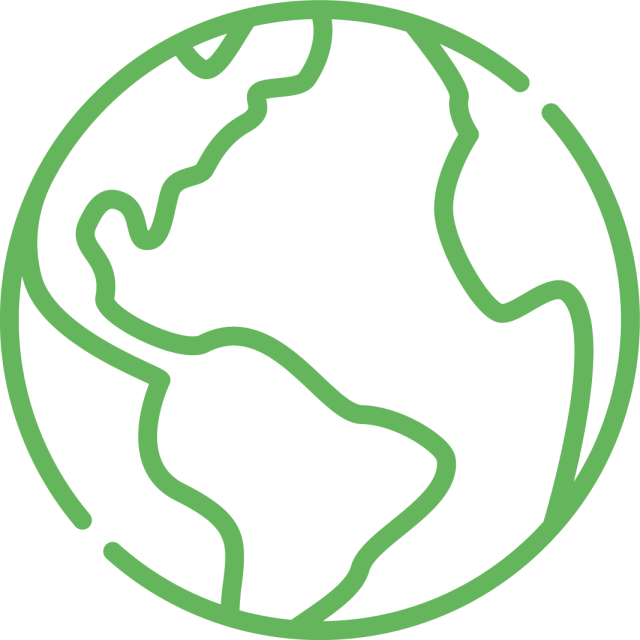What is the FOLUR Impact Program?
As a core partner, the GLF works to increase the visibility of the FOLUR Impact Program by engaging a diverse audience composed of Indigenous Peoples, farmers, youth activists, women and other global actors.
Accelerating the development of green commodities value chains in 27 countries
Share:
We aim to

Share knowledge from country projects and core partners with a global audience

Highlight achievements in country projects and across commodity value chains

Promote awareness of sustainable land use and restoration
Activities
Through inclusive and accessible communications, the GLF increases the global visibility of the FOLUR Impact Program and fosters knowledge sharing among actors of change through:
Publications
VIDEOS
VIDEOS
PODCASTS
NEWS
How can we transform our food systems?
What would sustainable soy look like in Paraguay?
How does the W+ standard make climate finance work for women?
Publications
VIDEOS
VIDEOS
PODCASTS
NEWS
How can we transform our food systems?
What would sustainable soy look like in Paraguay?
How does the W+ standard make climate finance work for women?
Events
Stay up to date on FOLUR
FLOUR 2024: Year in Review
A core partner
The GLF aims to bridge the gap between local and global stakeholders to build meaningful, cross-sectoral partnerships for sustainable landscapes across the globe. We engage strategically with events and initiatives at global and regional levels, such as the UN Decade on Ecosystem Restoration and Rio conventions.
We also provide communication coverage through our social media channels and digital content platforms such as Landscape News and GLF Live, as well as facilitate global connections at GLF events.
A global collaboration, the Food Systems, Land Use and Restoration Impact Program (FOLUR) works towards transforming food systems through sustainable value chains covering eight commodities in 27 countries.
Learn more about FOLUR here.
Supported by

Led by

In cooperation with





FOLUR Impact Program

Commodity Focus

Cocoa

Coffee

Corn

Livestock

Palm Oil

Rice

Soy

Wheat
Contacts
Carley Willis
Sustainable Finance Project Officer
c.williscifor-icraf[dot]org
Ludwig Liagre
Sustainable Finance Lead
l.liagrecifor-icraf[dot]org







































































